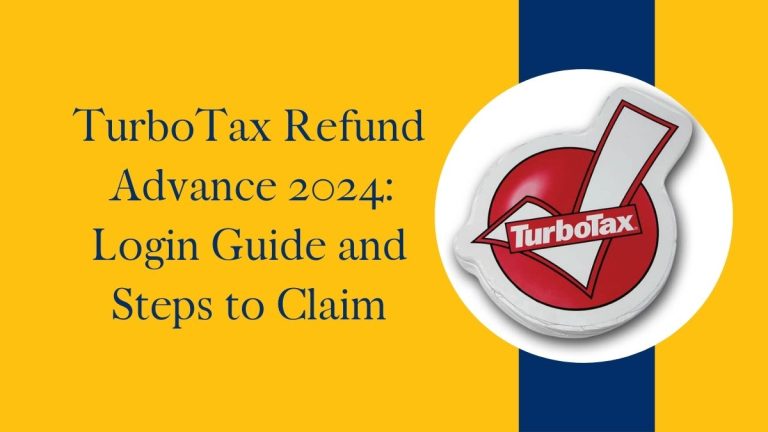The Internal Revenue Service (IRS) has reiterated its commitment to protecting taxpayers from scams, particularly during the holiday season when fraudulent activity surges. As part of the 9th annual National Tax Security Awareness Week, the IRS emphasizes safeguarding your personal information to avoid falling victim to scammers intent on stealing your tax refunds and personal data.
How Scammers Operate
Fraudsters employ a variety of methods to trick individuals into sharing their personal information, which they then use to access IRS tax refunds or commit identity theft. Every month, thousands of taxpayers become victims of scams, losing sensitive financial data, Social Security numbers, and even their peace of mind. To stay safe, it’s crucial to understand how these scams work and how to counter them effectively.
Essential Tips to Avoid Scams During the Holidays
1. Shop Only on Secure Websites
- Verify that the website’s address starts with “https:”. The “s” indicates secure communication, while websites without it are potentially unsafe.
- Look for a padlock icon in the browser’s address bar as an added security indicator.
2. Avoid Public Wi-Fi
- Avoid making purchases over public Wi-Fi networks, such as those in shopping malls or stores, as these are vulnerable to hackers.
3. Update Your Devices
- Ensure that the software on your tablets, laptops, and smartphones is up to date. Outdated software may have security vulnerabilities that scammers can exploit.
4. Safeguard Devices of Vulnerable Users
- Help children and older adults secure their devices, as they may be less aware of online threats.
5. Enable Firewalls and Anti-Virus Software
- Use a firewall to block unauthorized access to your devices.
- Install reliable anti-virus software to prevent malware from being installed.
6. Use Strong and Unique Passwords
- Create strong passwords for your online accounts. Avoid using the same password across multiple platforms.
7. Enable Multi-Factor Authentication (MFA)
- Wherever possible, activate MFA for your accounts. This adds an extra layer of security by requiring a second verification step, such as a text code or email confirmation.
Common Holiday Scams to Watch Out For
Scams are becoming increasingly sophisticated, making it easier for even tech-savvy individuals to fall prey. Below are the most prevalent scams targeting taxpayers during the holidays:
1. Phishing Emails
- Fraudulent emails designed to appear as if they are from the IRS are one of the most common scams. These emails may contain malicious links or attachments.
- Avoid clicking on any links or downloading attachments from unknown sources. Instead, visit the official IRS website or contact your local office to verify any communication.
2. Identity Theft
Scammers aim to steal sensitive information, including:
- Social Security numbers
- Bank account numbers
- Credit card information
- Passwords
This information is used to commit fraud, steal tax refunds, or access your financial accounts.
Protect Yourself: A Quick Reference Table
| Scam Type | How It Works | How to Avoid |
|---|---|---|
| Phishing Emails | Fake emails mimicking the IRS with links or attachments. | Avoid clicking links; verify through IRS.gov. |
| Public Wi-Fi Attacks | Hackers intercept data on public networks. | Avoid purchases over public Wi-Fi. |
| Malware Installation | Scammers plant viruses via email or unsecured websites. | Use anti-virus software and firewalls. |
| Identity Theft | Fraudsters steal personal and financial information. | Secure devices, use strong passwords, enable MFA. |
FAQs
What should I do if I receive a suspicious email claiming to be from the IRS?
You should avoid opening the email or clicking on any links. Report the email to the IRS at [email protected].
Is public Wi-Fi safe for online shopping?
No, public Wi-Fi is vulnerable to hacking. Always use a secure, private connection when making online purchases.
How can I ensure my devices are protected from malware?
Regularly update your device software, install anti-virus programs, and enable firewalls.







